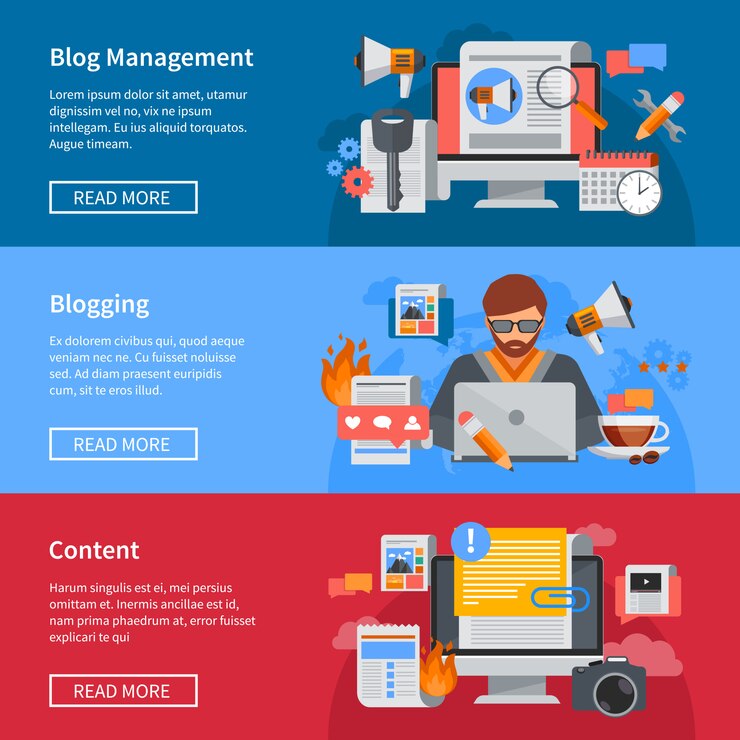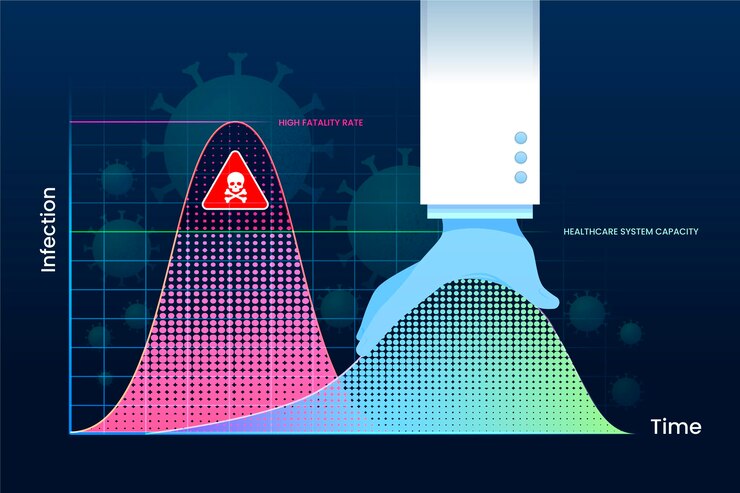Content Marketing Vs Digital Marketing

In the age of digital connectivity, the contemporary marketing professional is like the modern mariner, constantly charting new waters and navigating through an ocean of opportunities. Content and Digital Marketing are two of the most crucial constellations in this vast digital cosmos. While sometimes used interchangeably, these two marketing strategies possess unique strengths and applications that savvy marketers utilize to propel their brands forward. In this comprehensive exploration of Content Marketing versus Digital Marketing, we’ll unveil the subtle nuances, share best practices, and highlight when to sail towards one or the other.
The Essence of Content Marketing:
Read More : Agency DE Marketing Digital Miami
The Substance Beyond the Screen:
- At its core, Content Marketing is about delivering value to audiences by creating and sharing genuinely engaging and informative Content. This narrative-driven approach zeroes in on the quality and relevance of Content, intending to build brand loyalty, trust, and community. Blogs, podcasts, videos, and social media posts are standard storytelling tools content marketers use.
Building Relationships, Not Just Brands:
- Content marketing is a long game, focusing on nurturing relationships rather than the hard sell. It’s not surprising that top-performing brands invest heavily in their content strategies—the endgame is to have a meaningful conversation with the audience. Successful content marketing feels less like a marketing ploy and more like a value exchange.
Value-Laden SEO in Content Marketing Vs Digital Marketing
- Content marketing is an SEO powerhouse. By selecting the right keywords and creating high-quality, long-form Content, marketing teams can significantly boost their web presence and drive organic traffic. This can lead to higher rankings on search engine results pages, bolstering the brand’s discoverability where it matters most.
Understanding Digital Marketing:
A Multifaceted Approach:
- Digital marketing encompasses any form of online marketing through digital channels and applications. It’s a strategic, integrated approach that takes full advantage of all the digital touchpoints available to reach customers who spend significant time online. This covers a broad spectrum, including Search Engine Marketing (SEM), Social Media Marketing (SMM), and Email Marketing.
Precision Marketing:
- Digital marketing is data-driven. Marketers can track and analyze their campaigns more accurately and granularly than traditional marketing methods allow. By leveraging tools like Google Analytics and marketing automation platforms, professionals gain insights to refine targeting, messaging, and timing with pinpoint precision.
The Instant Gratification Imperative:
- In many ways, digital marketing is the antithesis of content marketing’s long game. It thrives on immediate actions, whether an ad click, a website visit, or an online purchase. This immediacy is one of its most compelling features, allowing companies to see rapid returns on their marketing investments.
The Intersection of Content and Digital Marketing:
A Symbiotic Relationship:
- While content marketing and digital marketing have significantly different methods differ significantly, they are not mutually exclusive. Robust content strategies underpin the most successful digital marketing strategies. Content informs digital marketing collateral, from ad copy to landing pages. The fuel powers a digital marketing engine, making campaigns more relatable, shareable, and likely to convert.
Integrated Campaigns:
- The power of integrating Content and digital marketing cannot be overstated. By developing cohesive campaigns that utilize the strengths of both strategies, marketers can create a seamless customer experience. Imagine a customer who clicks on a compelling Facebook ad, lands on a well-crafted blog post and is entered into an email workflow that provides further information and nurtures a lead. This holistic approach is what modern consumers expect and what companies must deliver.
The Customer Journey Perspective:
- It is critical to look at marketing from a customer’s point of view. Content marketing resonates during the awareness and consideration stages of the customer journey, providing information and building brand trust. When customers are ready to decide, digital marketing swoops in with targeted offers and calls to action that convert.
Choosing Your Course of Action:
Read More : Flypaper Digital Marketing
Knowing Your Objectives:
- To choose the right strategy, you must first define your goals. Content marketing may be your starting point if you aim to increase brand awareness and build an audience. If lead generation and conversion are your primary focus, a more direct digital marketing strategy may be in order.
Assessing Your Resources:
- Resources also influence the choice between content marketing and digital marketing. Content marketing often requires more time and creative input, and it takes longer to see ROI. Digital marketing can be more cost-effective in the short term, especially when platforms like Google Ads and social media allow precise budgeting.
KPIs and Measuring Success:
- Look at the key performance indicators (KPIs) critical to your business. Whether it’s social shares, email sign-ups, or conversion rates, the metrics you track will vary between the two strategies. Content and digital marketing involve unique KPIs, so tailor your plan to what matters most to your business.
Beacon in the Digital Dark: The Power of Analytics:

Data-Driven Decisions:
- Analytics play a pivotal role in both Content and digital marketing. By understanding how your audience interacts with your Content and where your digital marketing dollars are most effective, you can make informed decisions that drive better results.
Continual Optimization:
- The digital landscape is dynamic, and neither is your marketing strategy. Continual optimization based on analytics is the bedrock of successful marketing. Regular analysis and tweaks to Content and digital marketing campaigns ensure you stay on course, avoid marketing icebergs, and achieve your marketing goals.
Final Thoughts: From Strategy to Implementation:
Weighing The Currents:
- Though distinct, Content and digital marketing are complementary facets of the marketing strategy gem. The key to a thriving maritime expedition in the digital landscape is to weigh the currents, understand the charts, and skill fully blend the two to create a comprehensive approach that resonates with your audience and delivers on your business’s objectives.
Setting Sail:
- As a marketing professional, you are your brand’s ship captain. By making informed decisions about when to set sail with content marketing, ride the winds of digital marketing, and harness the power of their combined forces, you chart a course for success in the digital age’s vibrant, potentially tumultuous waters.
conclusion Content Marketing Vs Digital Marketing
Content and digital marketing offer different yet complementary ways to engage with your audience and achieve your business goals. A well-planned marketing strategy leveraging both strengths will drive traffic and enhance your brand’s SEO, ensuring you are well-rested in the vast digital expanse.